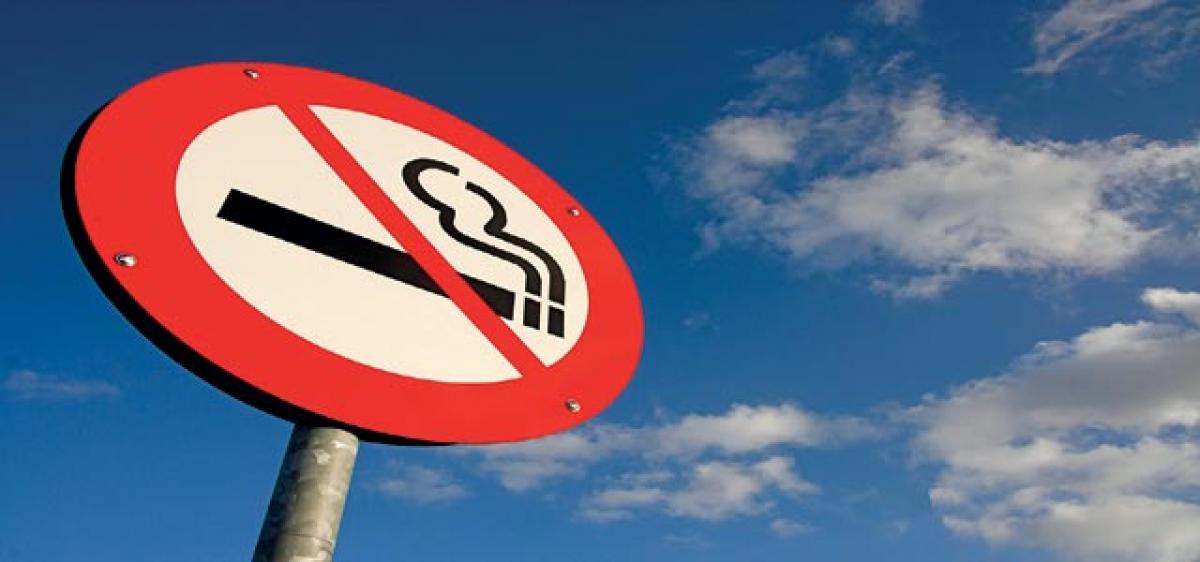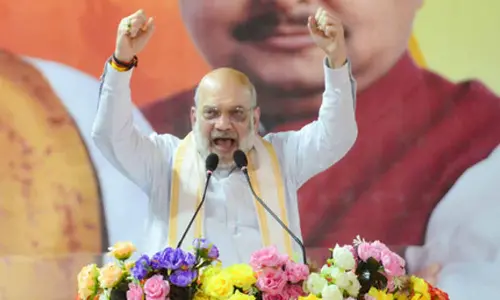Framework Convention on Tobacco Control

Delegates from about 180 countries will attend the Nov. 7-12 World Health Organization (WHO) conference in New Delhi on the sole global anti-tobacco treaty: the Framework Convention on Tobacco Control (FCTC). In force since 2005, the treaty aims to deter tobacco use that kills around 6 million people a year.
Delegates from about 180 countries will attend the Nov. 7-12 World Health Organization (WHO) conference in New Delhi on the sole global anti-tobacco treaty: the Framework Convention on Tobacco Control (FCTC). In force since 2005, the treaty aims to deter tobacco use that kills around 6 million people a year.
The industry in India wants the Narendra Modi government to soften its stance on what it says are tough FCTC measures that threaten livelihoods among the estimated 46 million people linked to the sector, according to Reuters. Topics for debate at the WHO FCTC conference include alternative livelihoods for tobacco farmers, e-cigarettes and trade and investment issues.
The WHO Framework Convention on Tobacco Control (WHO FCTC) is the first international treaty negotiated under the auspices of WHO. It was adopted by the World Health Assembly on 21 May 2003 and entered into force on 27 February 2005. The core demand reduction provisions in the WHO FCTC are contained in articles 6-14: Price and tax measures to reduce the demand for tobacco; and Non-price measures to reduce the demand for tobacco.
Non-price measures include: Protection from exposure to tobacco smoke; Regulation of the contents of tobacco products; Regulation of tobacco product disclosures; Packaging and labelling of tobacco products; Education, communication, training and public awareness; and, Demand reduction measures concerning tobacco dependence and cessation.








